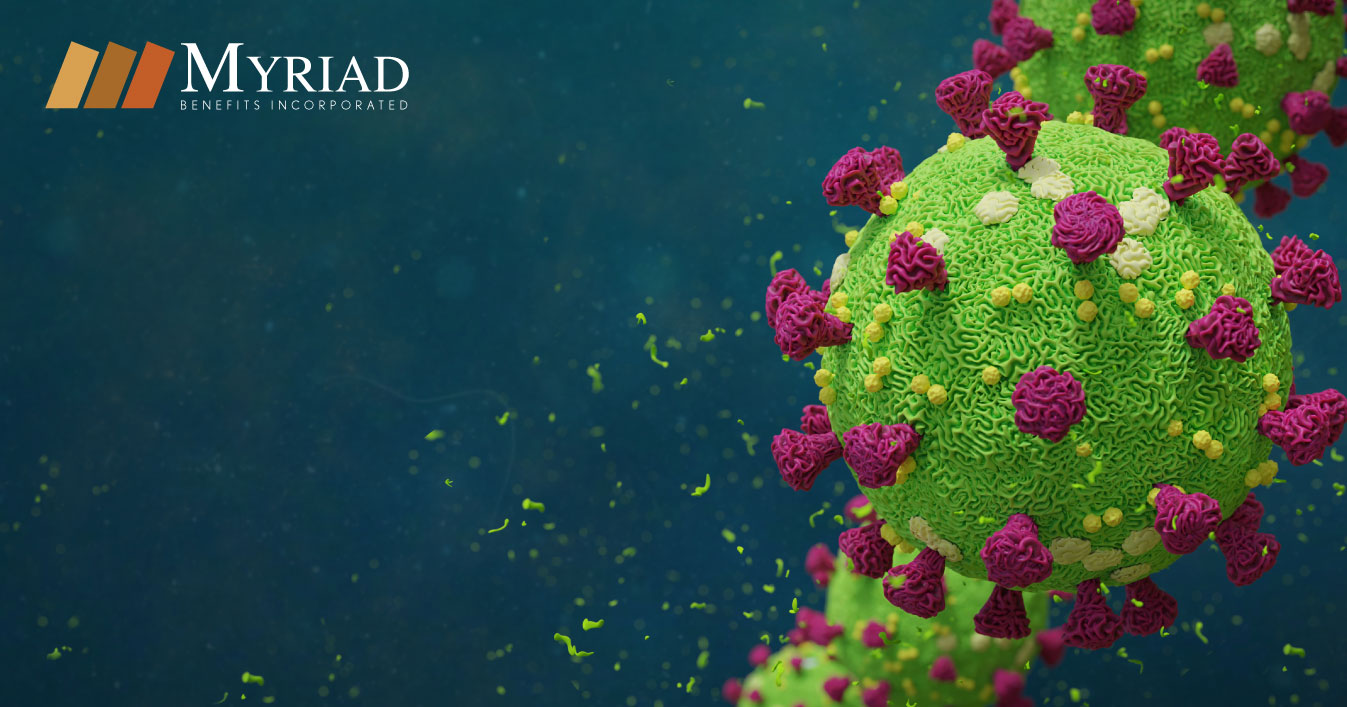Know some of the most common myths about COVID-19 so you can clarify doubts. Remember to get information from COVID-19 or any other topic from reliable sources. To avoid the spread of this disease it is essential to maintain social distance and practice good hygiene, such as washing your hands frequently for 20 seconds and avoiding touching your eyes, nose and mouth.
Drinking alcohol protects from COVID-19.
False, frequent or excessive alcohol consumption can increase the risk of health problems.
Exposure to the sun or temperatures above 26ᵒC prevents COVID-19 disease.
False, you can get COVID-19 no matter how sunny or warm the weather is.
Holding your breath for 10 seconds or more without coughing or feeling discomfort means you don’t have COVID-19 disease or any other lung disease.
False, the way to know if you have COVID-19 is to have a laboratory test.
Bathing in hot water prevents infection with COVID-19.
False, if the water is too hot you can get burned. The best thing you can do to protect yourself from COVID-19 is to wash your hands frequently and not touch your eyes, mouth and nose.
COVID-19 can be transmitted by mosquito bites.
False, COVID-19 is a respiratory virus that is spread mainly by contact with an infected person through respiratory droplets. To date there is no evidence to indicate that COVID-19
can be transmitted by mosquitoes.
COVID-19 can be killed with a hand dryer and ultraviolet lamp.
False, hand dryers and UV lamps do not kill the COVID-19.
COVID-19 can be killed by spraying the body with alcohol or chlorine.
False, spraying the whole body with alcohol or chlorine does not kill viruses that have already entered the body.
Eating garlic can help prevent COVID-19 infection.
False, garlic is a healthy food that may have some antimicrobial properties. However, no evidence has been obtained that eating it protects against COVID-19
COVID-19 affects only people 65 years of age or older.
False, COVID-19 can infect people of all ages.
Pets can transmit the contagion with COVID-19.
False, there is no evidence that pets can transmit COVID-19.
By: Tania Mangual-Monzón, MS
Reference: who.int













